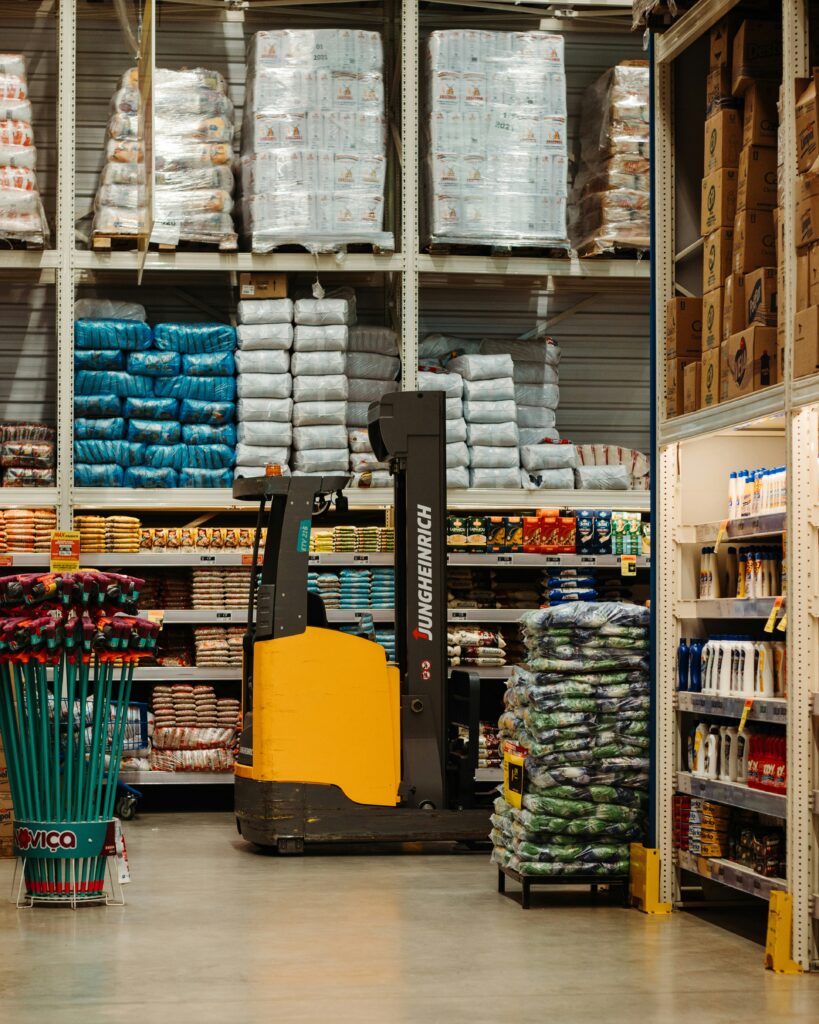When it comes to shipping your goods, you will sometimes be offered an attractive shipping option from your supplier. The question is, should you rely on your supplier’s shipping services, or enlist the expertise of a freight forwarder? Each option comes with its own set of considerations, advantages, and disadvantages. In this blog post, we’ll look into the factors you should weigh when making this decision.
Important Considerations for Supplier Shipping
Relying on your supplier for shipping can offer convenience, but it’s crucial to consider a few key points. First, ensure that the shipping arrangement is door-to-door, as this will streamline the process and reduce logistical complications.
Additionally, be wary of additional (and we say, pointless), fees that your supplier may include, such as FSC, BAF, DDC, OTHC, and DTHC. These charges can significantly impact the overall cost of your shipment.
Lastly, discuss customs arrangements in advance with your supplier to avoid potential delays or complications at customs checkpoints.
Advantages of Supplier Shipping
Despite potential drawbacks, relying on your supplier for shipping has its advantages. If your shipment qualifies for air express and is small enough, your supplier may offer competitive rates due to their frequent shipping volume with couriers. This can result in cost savings for your business, especially for smaller shipments that may not benefit as much from the economies of scale associated with freight forwarding.
Disadvantages of Supplier Shipping
However, there are potential drawbacks to relying solely on your supplier for shipping. One common issue is slow transit times, particularly if your supplier does not prioritize expedited shipping options.
Additionally, you may experience a lack of real-time tracking updates, making it difficult to monitor the progress of your shipment.
Furthermore, your supplier may have limited ability to address inquiries or concerns during transit, such as delays or customs issues, as they may not have detailed logistics expertise or dedicated customer support for shipping-related issues.
Your Other Option: Hiring a Freight Forwarder
Hiring a good freight forwarder offers numerous advantages and benefits for businesses engaged in international trade.
Freight forwarders are experienced in handling all aspects of the shipping process, from documentation and customs clearance to cargo tracking and delivery, so you can expect a seamless and efficient logistics solution, with a high-level of attention to detail if anything would require extra attention.
Their specialized knowledge ensures compliance with international regulations and customs requirements, reducing the risk of delays or penalties.
Freight forwarders leverage their industry expertise and extensive networks to negotiate competitive shipping rates with airlines, steamship lines, and other transportation providers, resulting in cost savings for their clients. On occasion, overseas suppliers will have access to slightly cheaper services than your forwarder can provide.
Furthermore, freight forwarders offer personalized service and support, addressing any logistical challenges or inquiries promptly and effectively.
Choose What’s Best For You
Choosing between relying on your supplier’s shipping services and hiring a freight forwarder requires careful consideration of various factors. While supplier shipping may offer convenience and potentially competitive rates for small shipments, it’s essential to weigh the drawbacks, such as limited communication and slower transit times.
On the other hand, partnering with a reputable freight forwarder can provide cost-saving opportunities, negotiation expertise, and organized logistics solutions tailored to your specific needs.
By understanding the advantages and disadvantages of each approach, you can make an informed decision that aligns with your business requirements and ensures efficient and reliable shipping processes.




